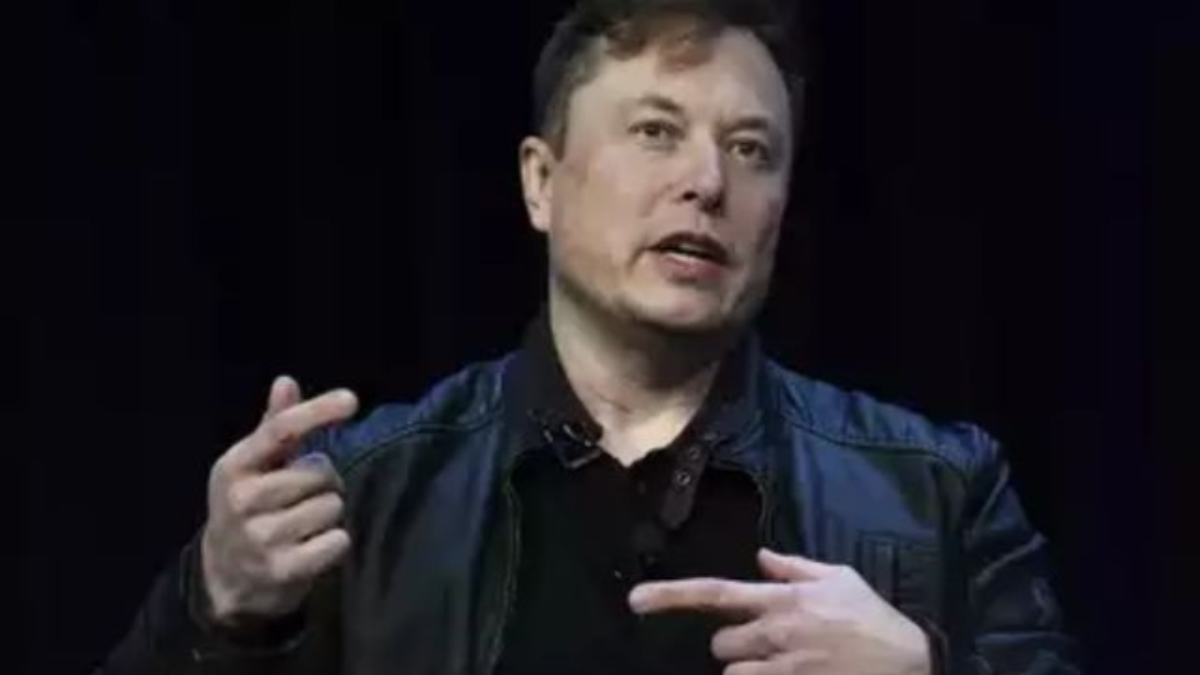Elon Musk is once again at the center of political turmoil, this time not because of rockets or electric cars, but due to his controversial involvement in the U.S. government’s Department of Government Efficiency, more popularly known as DOGE.
The billionaire tech mogul, who was appointed as a senior advisor earlier this year, is now facing potential removal after lawmakers accused him of causing “enormous harm” to the federal government’s structure and functionality.
Musk’s unorthodox approach to government reform—marked by sweeping layoffs, agency closures, and rapid policy rollouts—has triggered a constitutional backlash.
A federal judge recently ruled that Musk has been acting as the de facto head of DOGE, despite holding no official title or Senate confirmation, potentially violating the Appointments Clause of the U.S. Constitution. This revelation has fueled bipartisan outrage and prompted calls for his immediate ouster.
From SpaceX to Streamlining the State: The Rise of Musk’s Influence
Musk’s involvement in DOGE began in January 2025 when former President Donald Trump, during his reelection term, announced the creation of the agency aimed at slashing government waste and boosting efficiency. Trump brought Musk onboard as a senior advisor, touting his private sector success as a model for federal reform.
Since then, DOGE has launched a series of aggressive measures: dissolving bureaucratic agencies, trimming federal departments, and even dismantling the U.S. Agency for International Development (USAID)—a move that triggered immediate legal action.
According to a March 2025 ruling, a federal court declared the shutdown “likely unconstitutional” and ordered the agency to be reinstated.
“The Constitution is clear,” the judge wrote in the decision. “Such sweeping actions must be executed by properly appointed officials accountable to Congress and the American people.”
Layoffs and Legal Firestorms: The Fallout of DOGE Directives
While the White House maintains that Musk is simply a private advisor, critics argue that his shadow leadership has gutted public services and exposed national vulnerabilities. Most notably, DOGE laid off over 6,000 federal employees in March alone, including staff from the Department of Agriculture responsible for monitoring invasive species.
The fallout? Agricultural experts warn the U.S. now faces a wave of potentially devastating infestations, threatening national food security.
As reported by AS USA, this policy shift has already led to weakened enforcement of environmental protections and exposed cracks in vital infrastructure.
“Musk’s version of efficiency is reckless,” one senior USDA official, speaking on condition of anonymity, said. “We’ve lost key personnel overnight with no contingency plan.”
States are beginning to push back. Several attorneys general have filed lawsuits, alleging that DOGE’s actions under Musk’s unofficial leadership have created a constitutional crisis and placed public health and welfare at risk.

Lawmakers Demand Oversight and Accountability
In response to growing backlash, members of Congress have introduced legislation to restrict the power of presidential advisors and prevent similar appointments in the future. Senator Elizabeth Warren called DOGE “a dangerous experiment in corporate governance cloaked in public authority,” while even some Republican lawmakers are expressing concern.
Representative Ken Buck (R-CO), long skeptical of Musk’s increasing influence, noted, “This isn’t how democracy works. We can’t outsource the federal government to billionaires who answer to no one.”
The situation echoes past debates about the privatization of public services, but the stakes are higher now given Musk’s personal influence over policy and personnel decisions. His critics say that despite holding no elected office, he has been acting with the authority of a Cabinet member.
The Road Ahead: Will Musk Be Removed?
Musk has yet to comment directly on the potential legal action to remove him from his advisory role, but he has tweeted cryptically about “efficiency” and “draining the federal swamp.” Meanwhile, supporters argue that DOGE is doing the hard work of cutting bureaucracy and modernizing government, something traditional politicians have long failed to do.
“Of course there’s pushback,” said one anonymous White House insider. “He’s disrupting the way D.C. works. That’s the whole point.”
Still, with mounting legal pressure and widespread public concern, Musk’s future in the federal government looks increasingly uncertain. Whether he’s formally removed or not, the debate over his role in DOGE has sparked a broader conversation about the boundaries between business leadership and democratic accountability.
As the situation unfolds, one thing is clear: Elon Musk’s controversial influence on American governance is not fading quietly—and Washington isn’t done pushing back.
You can read the full ruling from the Times of India and further reporting from Forbes.
Disclaimer – Our team has carefully fact-checked this article to make sure it’s accurate and free from any misinformation. We’re dedicated to keeping our content honest and reliable for our readers.
